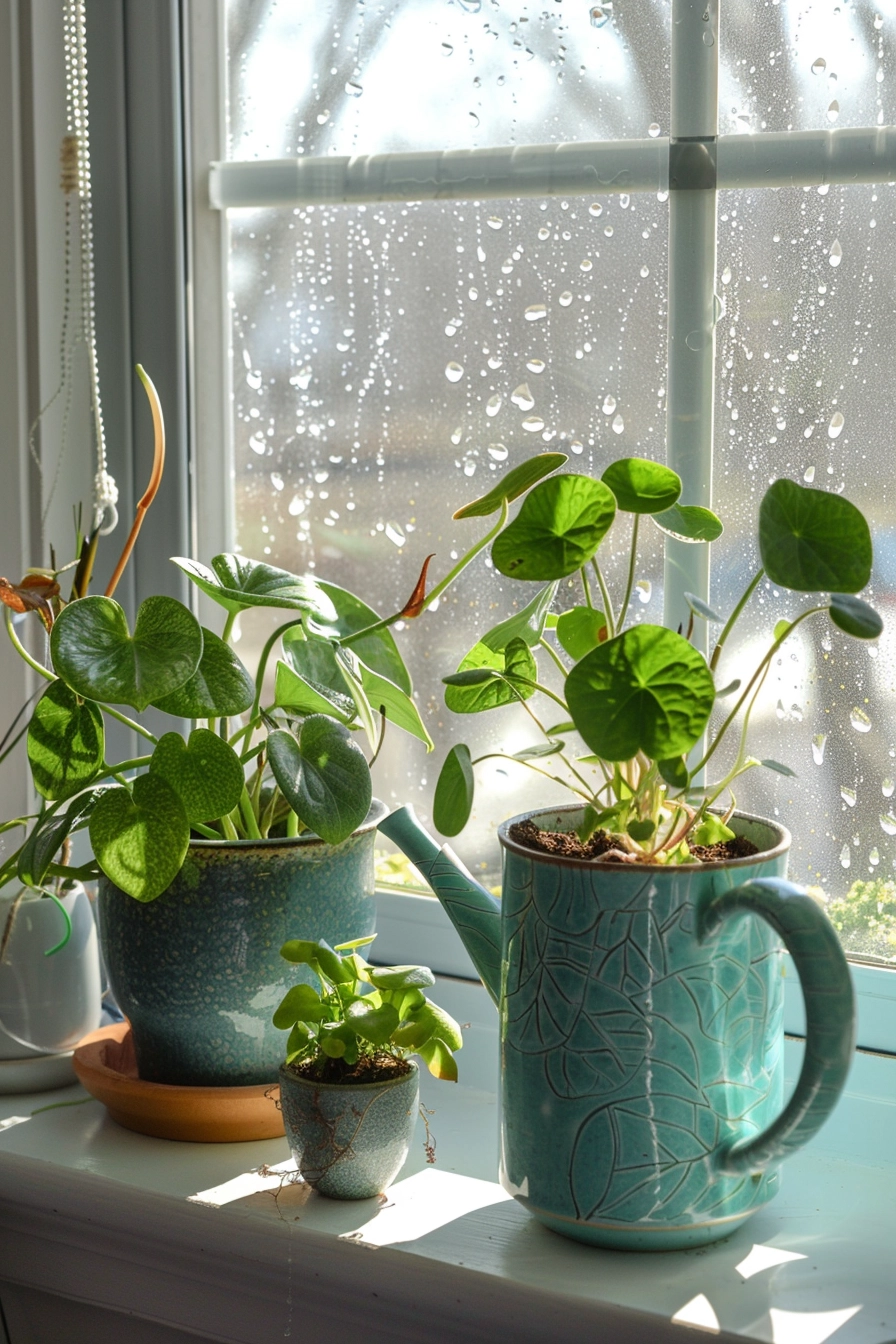Taking care of your plants is crucial for their health and well-being, whether they are indoor or outdoor plants. To ensure that your plants thrive, it’s important to establish a personalized plant care routine. By following expert tips and best practices from sources like Jackie’s plant care routine and the Houseplant Guide, you can create a routine that suits your needs perfectly.
Indoor plant care involves understanding your plants’ light requirements, watering them appropriately, maintaining optimal humidity levels, and providing the right temperature conditions. On the other hand, outdoor plant care may require additional considerations like choosing the right plants for your climate and protecting them from harsh weather conditions.
To get started on your personalized plant care journey, consider factors such as your lifestyle, the amount of time you can dedicate to care, and the specific needs of your plants. By evaluating these factors and implementing the best plant care practices, you can ensure that your plants receive the attention they deserve.
Key Takeaways:
- Creating a plant care routine is essential for the health and vitality of your plants.
- Indoor and outdoor plant care have different requirements, such as light exposure and weather protection.
- Consider your lifestyle and the specific needs of your plants when developing your personalized routine.
- Take advice from reliable sources like Jackie’s plant care routine and the Houseplant Guide.
- Implementing best plant care practices will help your plants thrive.
Daily, Weekly, and Monthly Plant Care Tasks
Establishing a consistent plant care routine is essential for maintaining the health and longevity of your plants. By incorporating daily, weekly, and monthly tasks into your schedule, you can ensure that your plants receive the proper care they need. Let’s take a closer look at the different tasks you should include in your plant care routine:
Daily Plant Care
On a daily basis, it’s important to check your plants for any signs of pests or diseases. Look closely at the leaves, stems, and soil to identify any issues that may be affecting your plants. Additionally, adjust the light exposure for your plants as needed. Some plants may require more or less sunlight, so it’s crucial to monitor their light requirements regularly.
Expert Tip: “Observing your plants daily allows you to catch any problems early on and take immediate action to prevent further damage.” – Jackie, Plant Care Specialist

Weekly Plant Care
Weekly tasks mainly revolve around watering your plants and providing general maintenance. Take the time to water your plants thoroughly, ensuring that the soil is evenly moist. However, be careful not to overwater, as this can lead to root rot. In addition, rotate your plants regularly to promote balanced growth and prevent them from leaning towards a light source. Some plants may require extra care, such as the fiddle leaf fig, which benefits from regular leaf wiping and dusting to keep its vibrant appearance.
Pro Tip: “Maintaining a consistent watering schedule helps prevent under or overwatering, both of which can harm your plants. Stick to a routine that works best for your plant’s specific needs.” – Houseplant Guide
Monthly Plant Care
On a monthly basis, it’s essential to assess the overall health and growth of your plants. This includes checking for any signs of stress or deficiencies, such as yellowing leaves or stunted growth. If your plants have outgrown their pots, it may be time to consider repotting them. Repotting allows the roots to have more space to grow and absorb nutrients effectively. Additionally, use this monthly check-up to evaluate if any adjustments need to be made to your plant care routine.
Expert Tip: “Regularly evaluating your plants’ overall health and repotting when necessary helps ensure continuous growth and prevents root-bound plants.” – Jackie, Plant Care Specialist
Following a daily, weekly, and monthly plant care schedule will help you stay organized and proactive in caring for your plants. By incorporating these tasks into your routine, you can ensure that your plants receive the attention they need to thrive and flourish.
Factors to Consider in Your Plant Care Routine
When creating your personalized plant care routine, there are several factors to consider. First, assess your lifestyle and determine how much time and attention you can devote to plant care.
This will help you choose the right type of plants that match your availability. Next, understand the light requirements of your plants and ensure they are placed in suitable locations.
Proper watering techniques, including checking the soil moisture and adjusting watering frequency based on the season, are crucial for plant health. Additionally, maintaining optimal humidity levels, stable temperatures, and using fertilizers appropriately will contribute to successful plant care.
Lastly, sourcing plants from reliable sources, such as reputable nurseries or online stores, ensures you receive healthy plants and expert advice. By taking all these factors into account, you can create a plant care routine tailored to your specific needs and preferences.

